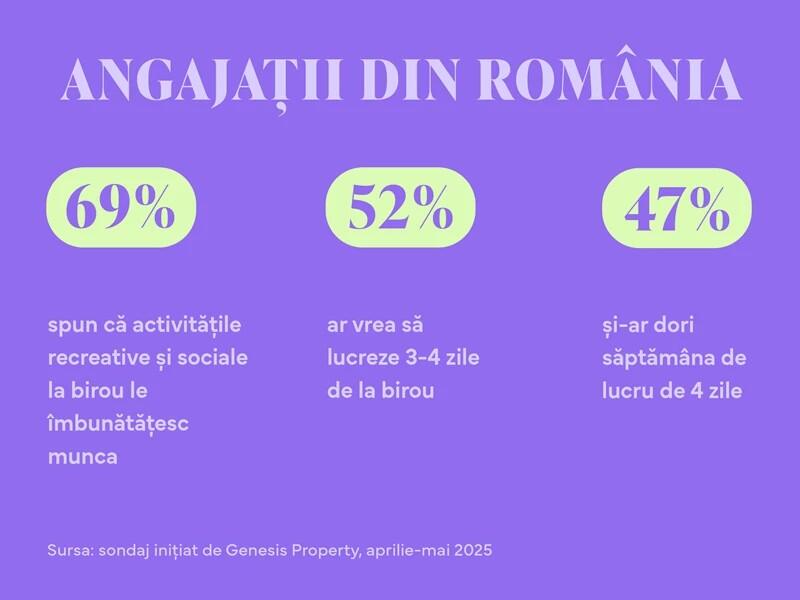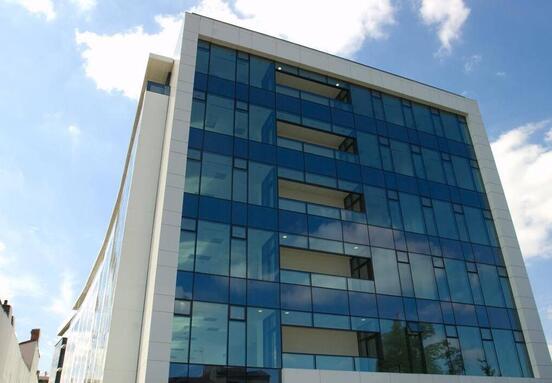Understanding Today's Employee Priorities
In the evolving landscape of work, understanding employee preferences is key for businesses aiming to attract and retain talent. A survey conducted by real estate developer Genesis Property offers valuable insights into what employees want from their work environment in 2025.
Flexibility Meets the Need for Connection
The survey found that while a significant portion, nearly 47%, of employees would like a 4-day work week, there's a strong desire to maintain a physical presence in the office. Over half of employees want to come to the office at least 3-4 days a week. The primary motivation? The recreational and social activities available at the office that they believe enhance their productivity.
The Office as a Hub for Work-Life Balance
Remarkably, almost 63% of employees report achieving a better work-life balance in 2025 compared to previous years. They attribute this improvement to various activities, with a flexible schedule (41.4%), team socialization activities (40.8%), and active breaks (37.5%) being the most impactful. Within the office setting, employees actively seek opportunities for well-being, such as taking walks outdoors during the day (42%) and participating in teambuilding or other team activities (38.3%). This underscores the importance of an office environment that facilitates these activities.
Desired Office Facilities and Benefits
Employees are vocal about the facilities and benefits they desire to support a better work-life balance and overall well-being in the office. The most wanted additions include employer-offered benefits like massage services, fresh fruit, events, and training sessions (38%). Relaxation areas within the office are also highly desired (32%), as are ergonomic desks and personalized workspaces (27.8%). These preferences indicate that the office space is viewed not just as a place for tasks, but as a supportive environment for employee health and connection.
Adapting Your Workspace for the Future
These findings provide critical information for businesses planning their workplace strategy. The data suggests that while employees value flexibility, the physical office is far from obsolete. Instead, its role is transforming into a central hub for social interaction, collaboration, and activities that boost well-being and productivity. Providing an office space that is well-equipped with desired facilities and fosters a positive environment for social and recreational activities is essential for meeting employee expectations and supporting a thriving workforce.








